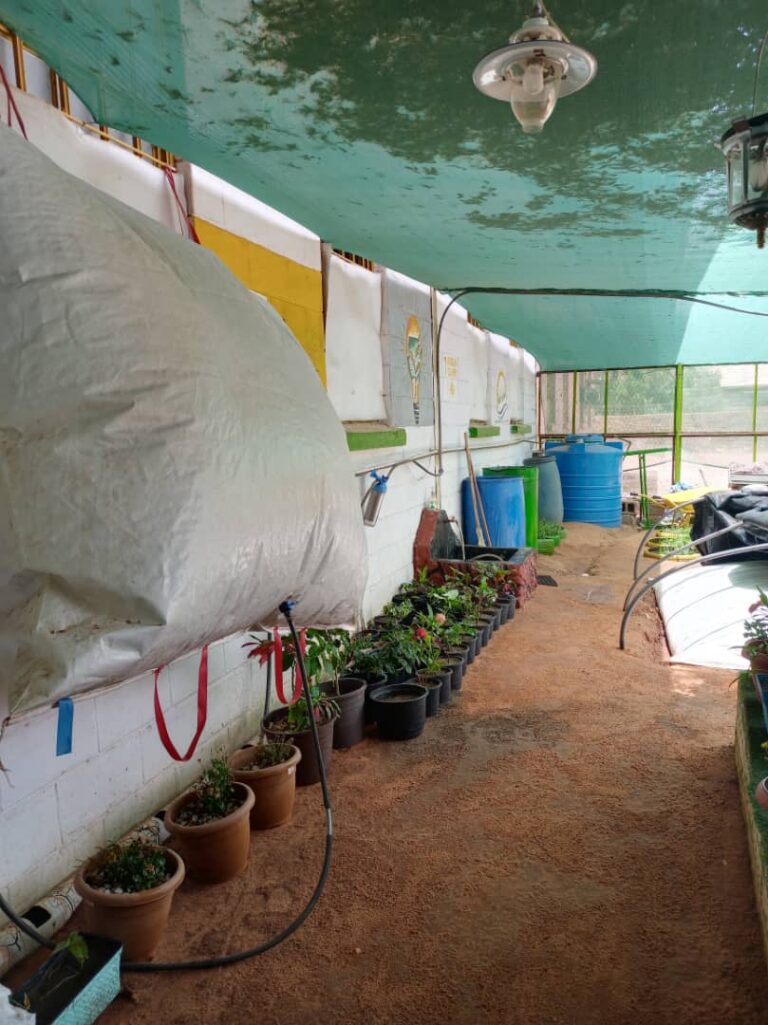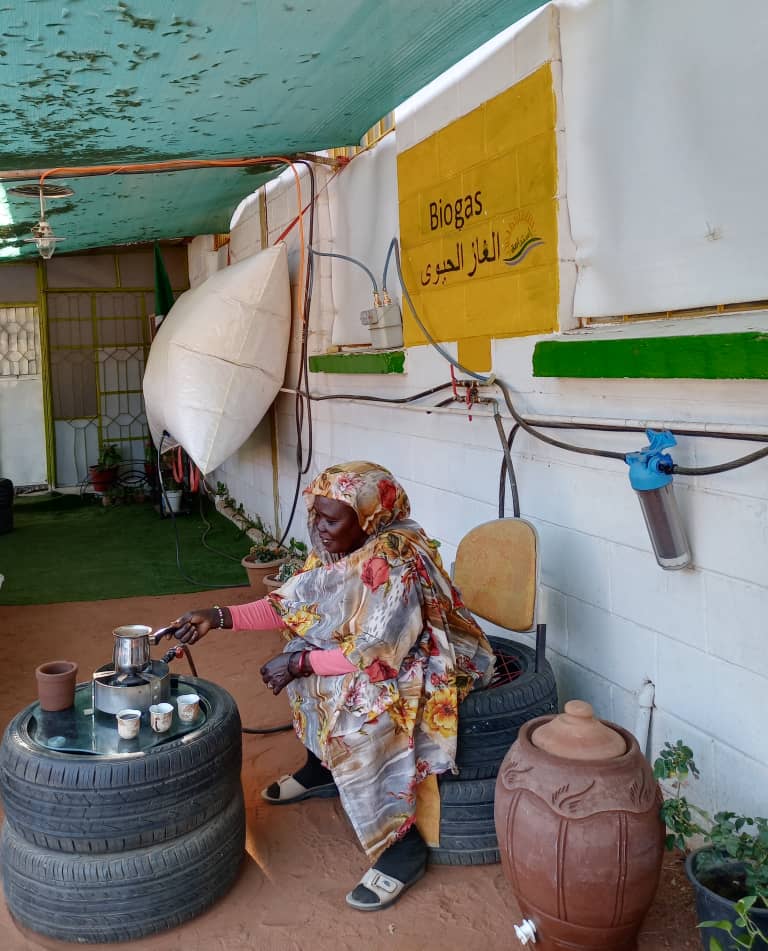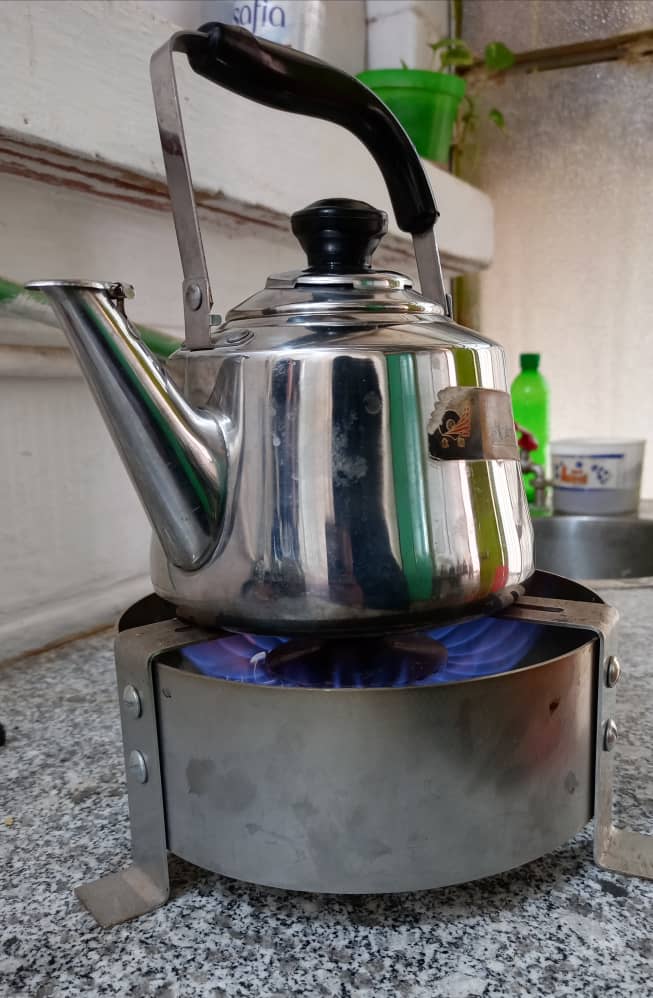Rolling-out biogas technology in Sudan as a social business
Sudan shares some significant common factors with many other countries which have developed a significant energy production using biogas from anaerobic digestion. These common factors include: the high volume of putrescible wastes produced by different communities and industries, the daily struggle of women and children to collect wood for cooking in rural areas, the large numbers of rural villages and small cites which are without access to LPG and are not connected to the main electricity grid, the high deforestation rate due to cutting wood for fuel, and the thousands of graduates who could be gainfully employed in developing this option, and who presently do not have jobs or who are working in menial jobs paying low income.
This project was a proof-of-concept aimed at gaining experience with a low-cost, newly-developed, mobile biogas technology, featuring a “biogas backpack” for easier storage and transport of biogas. This low-tech plug flow system allowed for the production of biogas as cooking fuel, with a basic model comprising a flexible bag linked to an inlet drum, an overflow outlet pipe, and a gas pipe. The digester was housed inside a greenhouse for protection and solar heating and was paired with a backpack for gas storage.
This system enabled the production, storage, transport, and sale of biogas, facilitating a rapid return on investment. The biogas could be easily filled into containers at the digester via pressure equalization, carried as a backpack weighing 3-4 kg, and connected directly to a cooking stove. The digester’s use in rural areas saved time and money previously spent on cooking fuel, empowered rural women by providing clean cooking options and the opportunity to sell excess biogas, and turned digestate into valuable organic fertilizer or a resource for home gardening, enhancing food security and additional income.
The pilot project targeted 30 beneficiaries from households and farms in the States of Khartoum, White Nile, and North Kordofan, who were trained on-site for system installation, operation, and maintenance. They were also equipped with a service package that included manuals for using and maintaining the digester, stove, and backpack, along with guidance on maximizing the benefits of the bio-slurry produced. This initial phase laid the groundwork for large-scale implementation of this technology as a social business, assessing various issues such as portable biogas handling, logistics, and trading systems.




